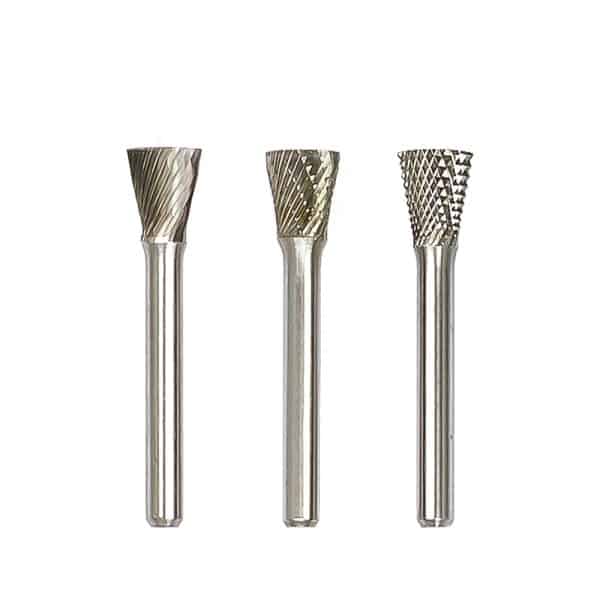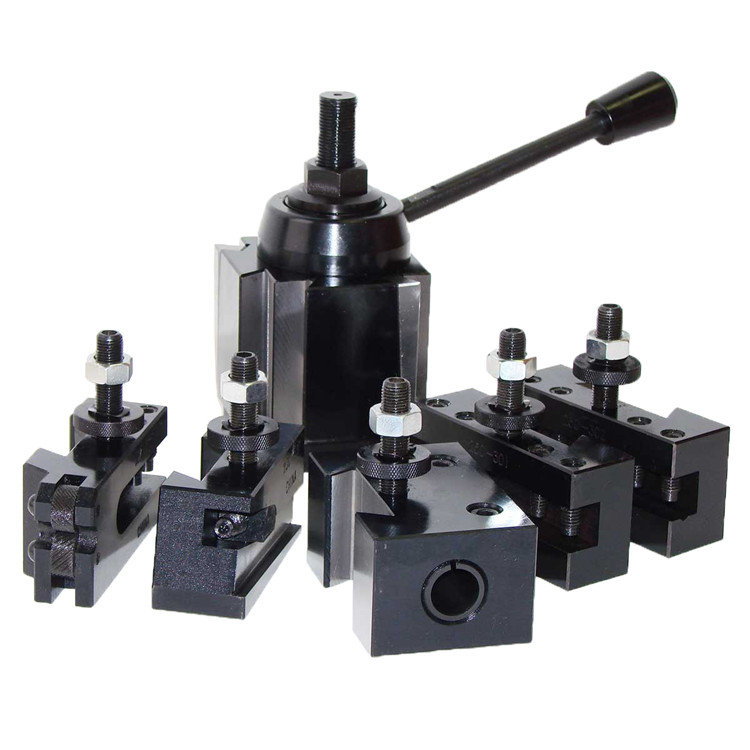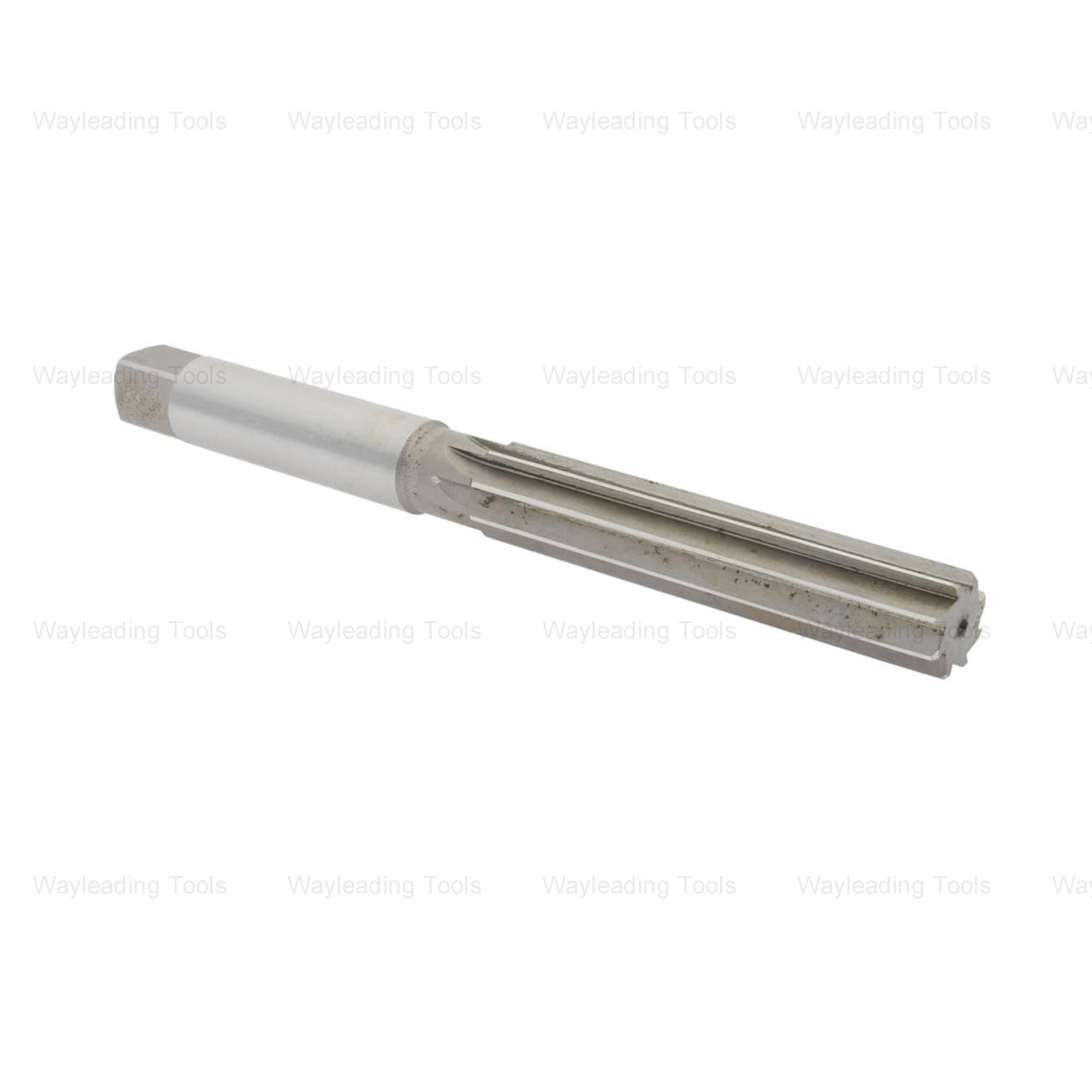digital depth gauge Factory
Selecting a reliable digital depth gauge factory is crucial for ensuring accurate measurements and consistent quality in various industries. This comprehensive guide explores key factors to consider when choosing a manufacturer, including gauge types, features, quality control processes, and more. We'll also delve into the importance of certifications and customer support.
Understanding Digital Depth Gauges
What is a Digital Depth Gauge?
A digital depth gauge is a precision instrument used to measure the depth of holes, slots, recesses, and other features relative to a reference surface. Unlike analog gauges, digital depth gauges provide a direct numerical readout on a digital display, eliminating the need for interpolation and reducing the risk of reading errors. They are widely used in machining, manufacturing, quality control, and other applications where accurate depth measurements are critical.
Types of Digital Depth Gauges
Several types of digital depth gauges are available, each designed for specific applications. Understanding the differences between these types is essential for selecting the right gauge for your needs:
- Standard Digital Depth Gauges: General-purpose gauges with a flat base and a measuring probe. Suitable for most common depth measurement tasks.
- Hook-Type Digital Depth Gauges: Feature a hook-shaped probe for measuring the depth of grooves, slots, and other hard-to-reach features.
- Pin-Type Digital Depth Gauges: Utilize a pin-shaped probe for measuring the depth of small holes and recesses.
- Bridge-Type Digital Depth Gauges: Designed for measuring the depth of features across a wide surface, using a bridge-like structure to span the gap.
Key Considerations When Choosing a Digital Depth Gauge Factory
Quality Control and Certifications
The quality control processes of a digital depth gauge factory are paramount. Look for factories that adhere to internationally recognized standards such as ISO 9001. Certifications like CE and RoHS also indicate compliance with safety and environmental regulations. Ask about the factory's calibration procedures and whether they provide calibration certificates with their gauges.
Gauge Accuracy and Resolution
Accuracy and resolution are critical specifications for any digital depth gauge. Accuracy refers to the degree to which the gauge's measurement matches the true value, while resolution refers to the smallest increment that the gauge can display. Ensure that the digital depth gauge factory can provide gauges with the accuracy and resolution required for your specific applications. Common accuracy levels range from ±0.01mm to ±0.001mm, with resolutions as fine as 0.001mm.
Material and Durability
The materials used in the construction of a digital depth gauge directly impact its durability and lifespan. Look for gauges made from high-quality materials such as hardened stainless steel. Check the specifications for the gauge's base and probe, as these components are subject to wear and tear. A reputable digital depth gauge factory will be able to provide details on the materials used and the gauge's expected lifespan.
Features and Functionality
Consider the features and functionality offered by different digital depth gauges. Common features include:
- Zero Setting: Allows you to set the gauge to zero at any point, making it easy to take comparative measurements.
- Preset Value: Enables you to enter a predetermined value and measure deviations from that value.
- Tolerance Setting: Allows you to set upper and lower tolerance limits, with visual or audible alerts when measurements fall outside these limits.
- Data Output: Provides the ability to transmit measurement data to a computer or data logger for further analysis. This is particularly useful for quality control and statistical process control (SPC) applications.
- Metric/Imperial Conversion: Allows you to switch between metric (mm) and imperial (inch) units.
- Auto Power Off: Conserves battery life by automatically turning off the gauge after a period of inactivity.
Customization Options
Depending on your specific requirements, you may need a digital depth gauge factory that offers customization options. This could include custom probe shapes, extended measuring ranges, or specialized software for data analysis. Discuss your specific needs with potential factories to determine their customization capabilities. Wayleading Tools, at www.wayleading.com, offers a range of customization options to meet diverse client needs.
Price and Lead Time
While quality should be the primary consideration, price and lead time are also important factors. Obtain quotes from multiple digital depth gauge factories and compare their pricing. Be wary of extremely low prices, as this may indicate lower quality materials or manufacturing processes. Inquire about the factory's lead time for both standard and custom gauges. A reliable factory will be able to provide realistic lead times and stick to them.
Customer Support and Warranty
Choose a digital depth gauge factory that provides excellent customer support and a comprehensive warranty. A good factory will be responsive to your inquiries, provide technical support, and offer a warranty that covers defects in materials and workmanship. Check online reviews and testimonials to gauge the factory's reputation for customer support.
Evaluating Potential Digital Depth Gauge Factories
Factory Visits and Audits
If possible, visit potential digital depth gauge factories to assess their capabilities firsthand. This will allow you to observe their manufacturing processes, quality control procedures, and overall operations. If a visit is not feasible, consider conducting a virtual audit or requesting detailed information and documentation from the factory.
Requesting Samples and Testing
Before placing a large order, request samples of the digital depth gauges you are interested in. This will allow you to evaluate the gauges' accuracy, durability, and ease of use. Conduct thorough testing to ensure that the gauges meet your specific requirements.
Checking References and Reviews
Contact the digital depth gauge factory’s previous clients and ask for feedback on their experience. Check online reviews and ratings to gauge the factory's reputation. Pay attention to both positive and negative reviews, and consider how the factory responds to negative feedback.
Summary Table
| Factor | Description |
|---|---|
| Quality Control | ISO 9001, CE, RoHS certifications; calibration procedures. |
| Accuracy & Resolution | Ensure it meets your required specifications (e.g., ±0.01mm accuracy, 0.001mm resolution). |
| Material & Durability | High-quality materials like hardened stainless steel. |
| Features | Zero setting, preset value, tolerance setting, data output, etc. |
| Customization | Custom probe shapes, extended ranges, specialized software. |
| Price & Lead Time | Competitive pricing and realistic lead times. |
| Customer Support & Warranty | Responsive support and a comprehensive warranty. |
Conclusion
Choosing the right digital depth gauge factory requires careful consideration of several factors, including quality control, gauge accuracy, material durability, features, customization options, price, lead time, and customer support. By following the steps outlined in this guide, you can make an informed decision and select a factory that provides high-quality gauges that meet your specific needs. Considering options from trusted suppliers can guarantee accuracy and dependability in your measuring instruments.
Related products
Related products
Best selling products
Best selling products-
 HSS Inch Convex Milling Cutter For Industrial
HSS Inch Convex Milling Cutter For Industrial -
 MT-APU Drill Chuck Holder With Keyless Type
MT-APU Drill Chuck Holder With Keyless Type -
 Precision Vernier Caliper With Nib Style Jaws Of Metric & Imperial For Industrial
Precision Vernier Caliper With Nib Style Jaws Of Metric & Imperial For Industrial -
 HSS Metric Taper Shank Twist Drills for High-Precision Metal Cutting
HSS Metric Taper Shank Twist Drills for High-Precision Metal Cutting -
 HSS DP Involute Gear Cutters With PA20 And PA14-1/2
HSS DP Involute Gear Cutters With PA20 And PA14-1/2 -
 Precision Monoblock Vernier Caliper With Nib Style Jaws Of Metric & Imperial For Industrial
Precision Monoblock Vernier Caliper With Nib Style Jaws Of Metric & Imperial For Industrial -
 Type N Inverted Cone Tungsten Carbide Rotary Burr
Type N Inverted Cone Tungsten Carbide Rotary Burr -
 Metric HSS Step Drills With Straight Flute
Metric HSS Step Drills With Straight Flute -
 Outside Micrometer Set Of Inch & Metric For Industrial
Outside Micrometer Set Of Inch & Metric For Industrial -
 Wedge Type Quick Change Tool Post Set In lathe Machine
Wedge Type Quick Change Tool Post Set In lathe Machine -
 HSS Hand Reamers – Metric & Inch Sizes, Straight or Spiral Flutes
HSS Hand Reamers – Metric & Inch Sizes, Straight or Spiral Flutes -
 Type A Cylinder Tungsten Carbide Rotary Burr
Type A Cylinder Tungsten Carbide Rotary Burr
Related search
Related search- Quick Change Tapping Chuck Manufacturers
- Keyway Broach Supplier
- High-Quality Solid Carbide Drill Bit
- SRDCN turning tool holder Suppliers
- Wholesale dial test indicator
- High-Quality Tapping Chuck
- Inch size trapeze ACME threading insert Manufacturers
- Wholesale Turning Inserts
- milling chuck set Manufacturer
- High-Quality MCLN turning tool holder











